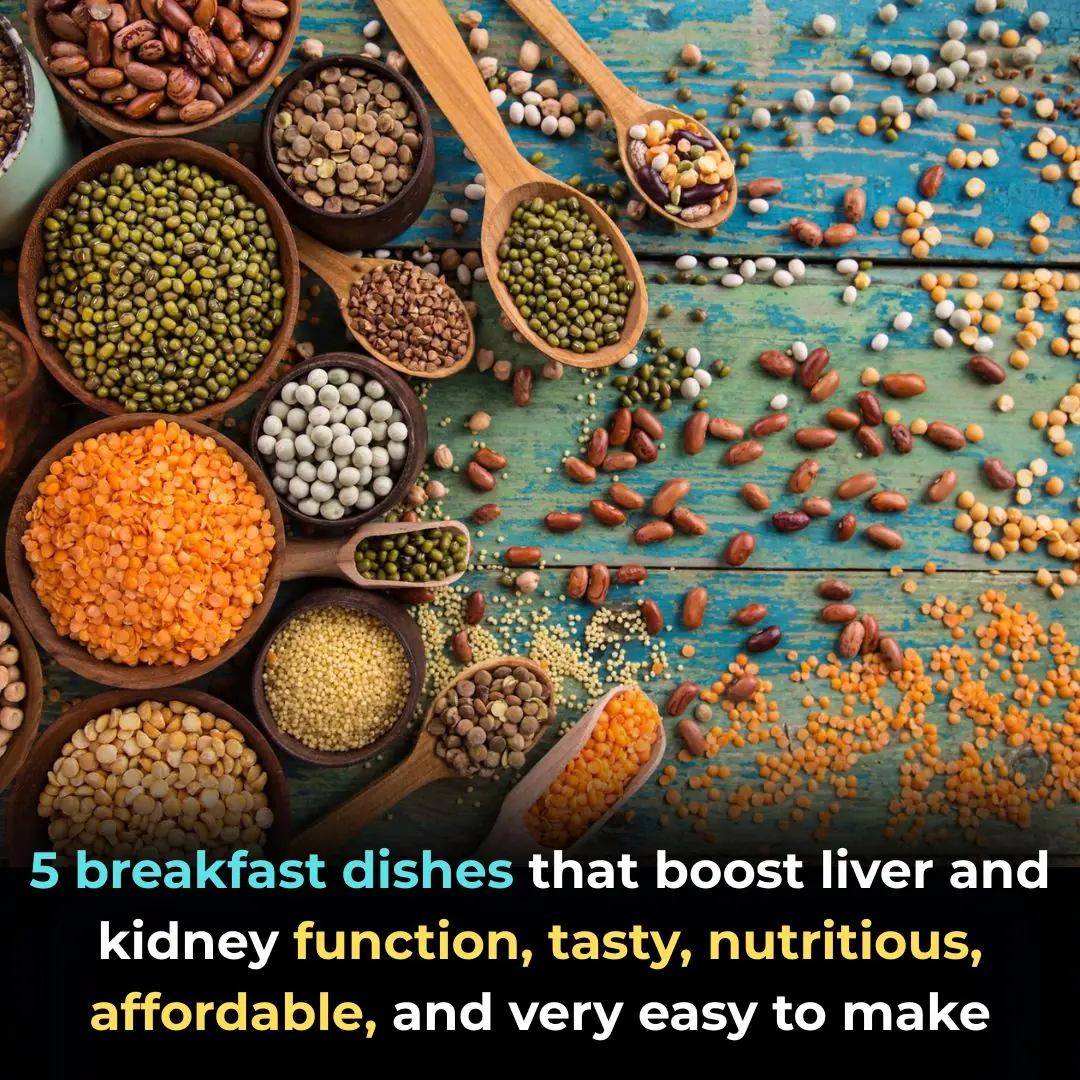
Is Swollen or Bloated Food Packaging Safe to Eat?
Why Some Food Packages Bloat — and What It Could Mean for Your Health
You may have noticed certain food packages looking puffed up, almost like small balloons. While a little air inside packaging is normal — and sometimes even necessary — excessive swelling is a warning sign that shouldn’t be ignored. Understanding why packaging bloats can help you make safer choices and avoid potential foodborne illness.
Why Food Packaging Contains Air
Most packaged foods include a carefully measured amount of air or gas. For example, chip and snack bags are filled with nitrogen gas rather than regular air to act as a cushion and prevent crushing during transport. This is a deliberate and safe part of the packaging process.
However, when a package looks abnormally swollen or feels firm to the touch, that’s a different story. According to Professor Wei Zhang, a food safety expert, unusual bloating typically happens when microorganisms such as bacteria or fungi begin to multiply inside the package, releasing gases like carbon dioxide and methane. This microbial activity signals spoilage — and often, danger.
How Bacteria Cause Packaging to Swell
When bacteria grow in perishable foods — such as meat, poultry, dairy, or ready-to-eat meals — they feed on the nutrients in the product and produce gas as a byproduct. As these gases build up, the pressure inside the package increases, causing it to bloat or expand.
This process not only spoils the food but can also make it unsafe to consume, even if there are no obvious visual or odor cues. Meredith Carothers from the U.S. Department of Agriculture’s Food Safety and Inspection Service (FSIS) explains that bloated packaging is often an indicator of harmful bacterial activity, including potentially dangerous pathogens like Clostridium botulinum, which can cause severe food poisoning.
When Bloating Might Be Normal
Not all swollen packaging is a red flag. Some manufacturers use a technique called Modified Atmosphere Packaging (MAP), which replaces the air inside with inert gases such as carbon dioxide and nitrogen. This helps slow bacterial growth and extend shelf life.
Slight puffiness in items like fresh salads, deli meats, or cheeses packaged under MAP conditions can be completely safe. Carothers emphasizes that MAP is an FDA-approved preservation method and is designed to maintain freshness — not signal spoilage. Still, if the package looks overly inflated or the food appears discolored, slimy, or off-smelling, it’s best to stay cautious.
Foods Most and Least at Risk
Perishable foods — including raw meat, poultry, seafood, and dairy products — are most susceptible to dangerous bloating caused by bacterial contamination. These items contain high moisture and nutrients, creating an ideal environment for microbial growth.
In contrast, low-moisture foods like dried fruits, grains, nuts, or peanut butter are far less likely to develop swollen packaging since bacteria struggle to survive without water.
Nonetheless, even shelf-stable products can occasionally bloat if exposed to excessive heat, sunlight, or improper storage conditions.
What to Do if You Notice a Swollen Food Package
If you come across food with puffed-up packaging, do not open or taste it — even if it’s still within the printed expiration or “best-by” date. Professor Zhang advises immediately discarding such items, as gases from bacteria can sometimes leak harmful toxins into the food.
It may be tempting to smell the contents to check for freshness, but this method is unreliable. Some dangerous bacteria do not produce noticeable odors, meaning a spoiled product could appear and smell perfectly fine while still posing a risk to your health.
How to Prevent Spoiled or Bloated Packaging
Proper storage is your first line of defense against food spoilage:
-
Refrigerate perishable foods promptly after purchase.
-
Avoid exposing packaged foods to heat or direct sunlight, especially during transport.
-
Check for broken seals or tiny leaks in vacuum-packed or sealed containers.
-
Rotate your stock at home — use older items first and don’t rely solely on “best-before” dates.
Following these steps helps slow bacterial growth and keeps your food fresher for longer.
When in Doubt, Throw It Out
If you’re unsure whether a swollen food package is safe, the rule is simple: err on the side of caution. Consuming contaminated food can lead to severe health issues like food poisoning, botulism, or gastrointestinal infections.
As Professor Zhang puts it, “Protecting your health is worth far more than the cost of replacing a single food item.”
Paying attention to packaging — not just expiration dates — can go a long way toward keeping you and your family safe from hidden food hazards.
News in the same category

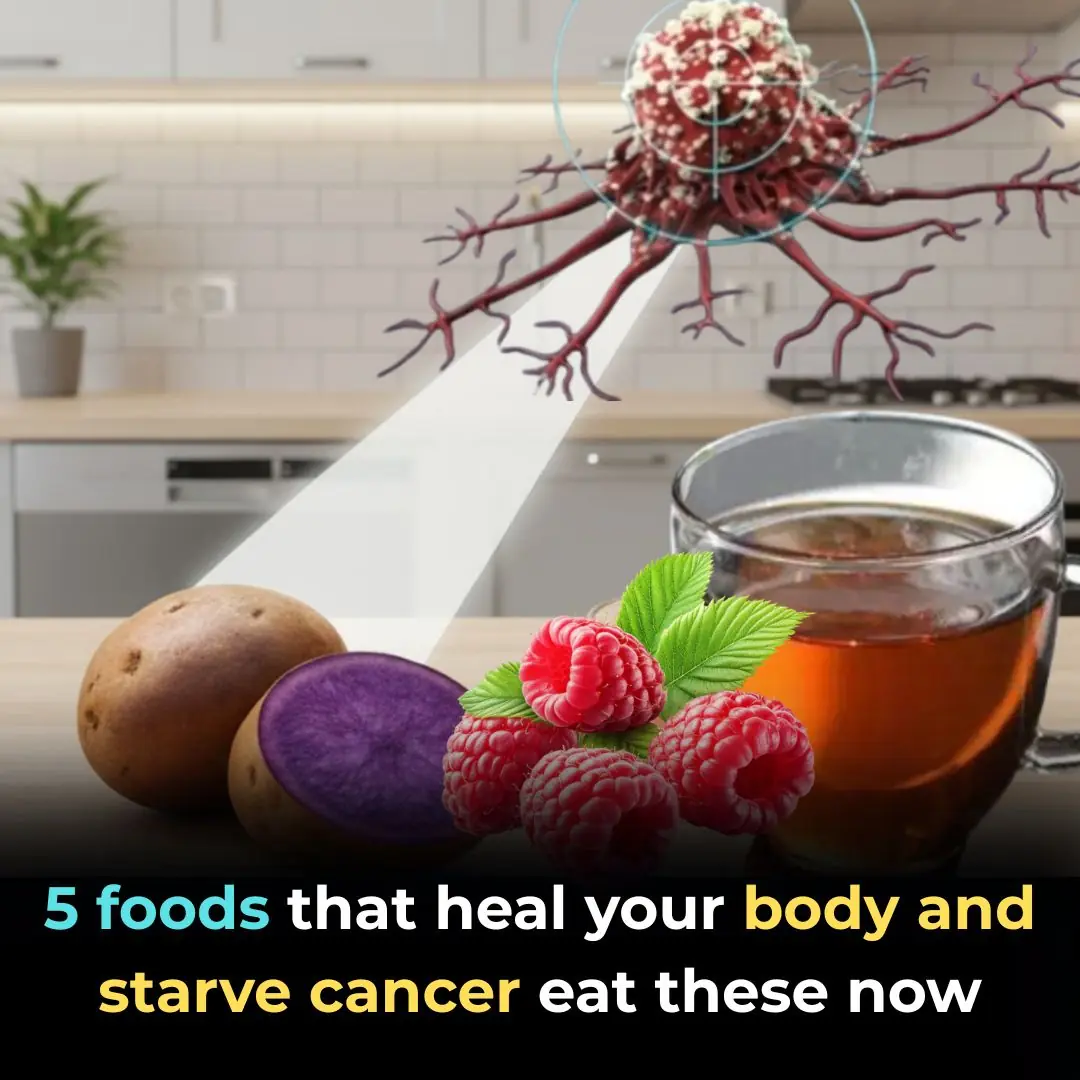
5 foods that heal your body and STARVE cancer—eat these now!
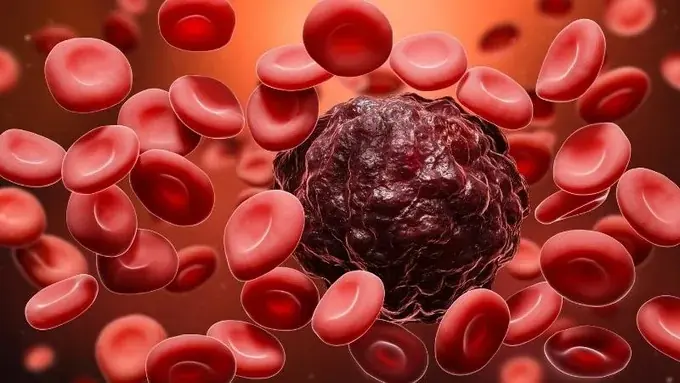
Diagnosed With Terminal Cancer That Spread to Her Brain, the Woman Broke Down in Tears After Learning the “Culprit” Came From Her Own Family
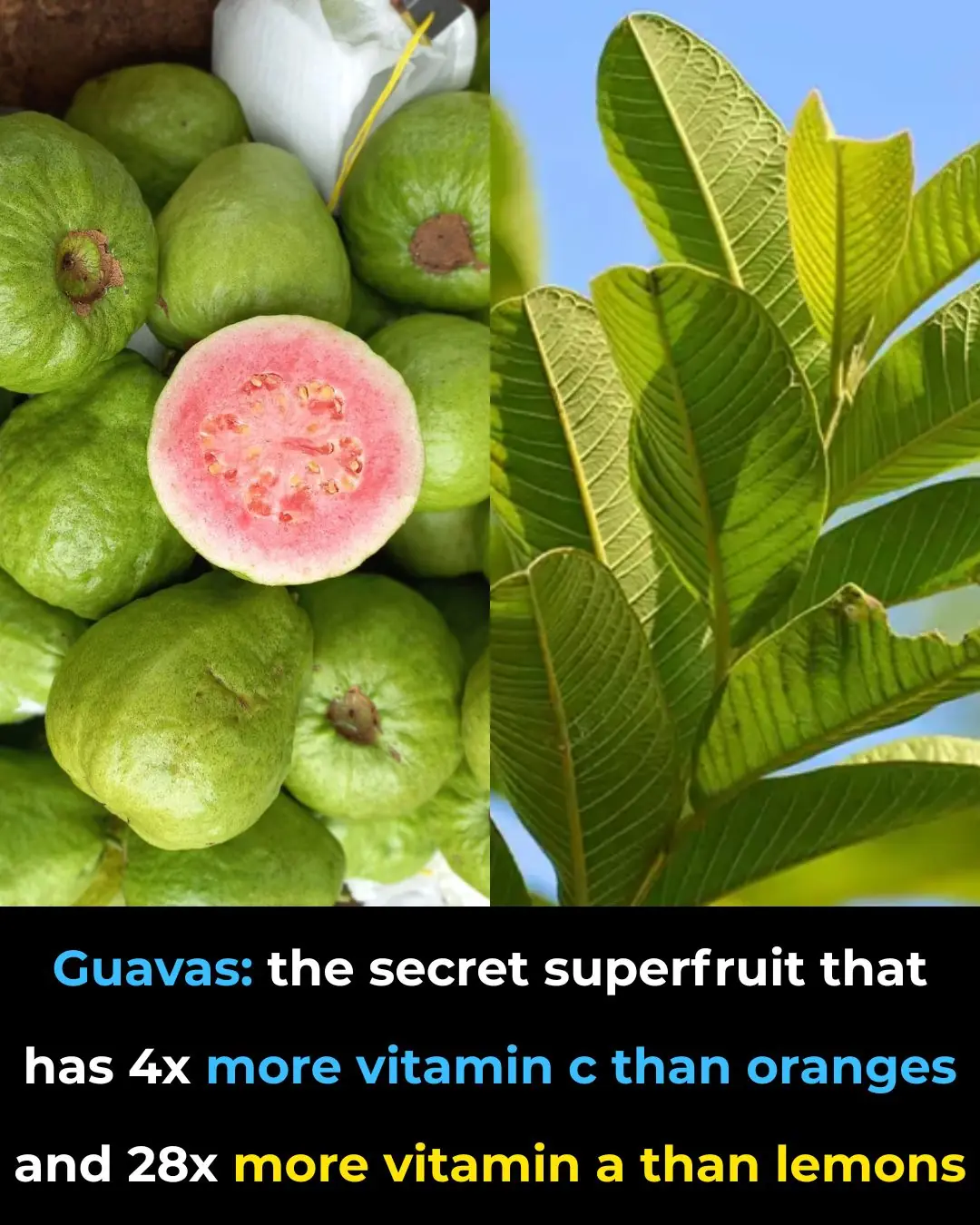
The Impressive Health Benefits of Guava Fruit and Leaves & How to Eat Guava (Evidence Based)

Do You Wake Up With Numb or Tingling Hands? Here's What Your Body Is Trying to Tell You
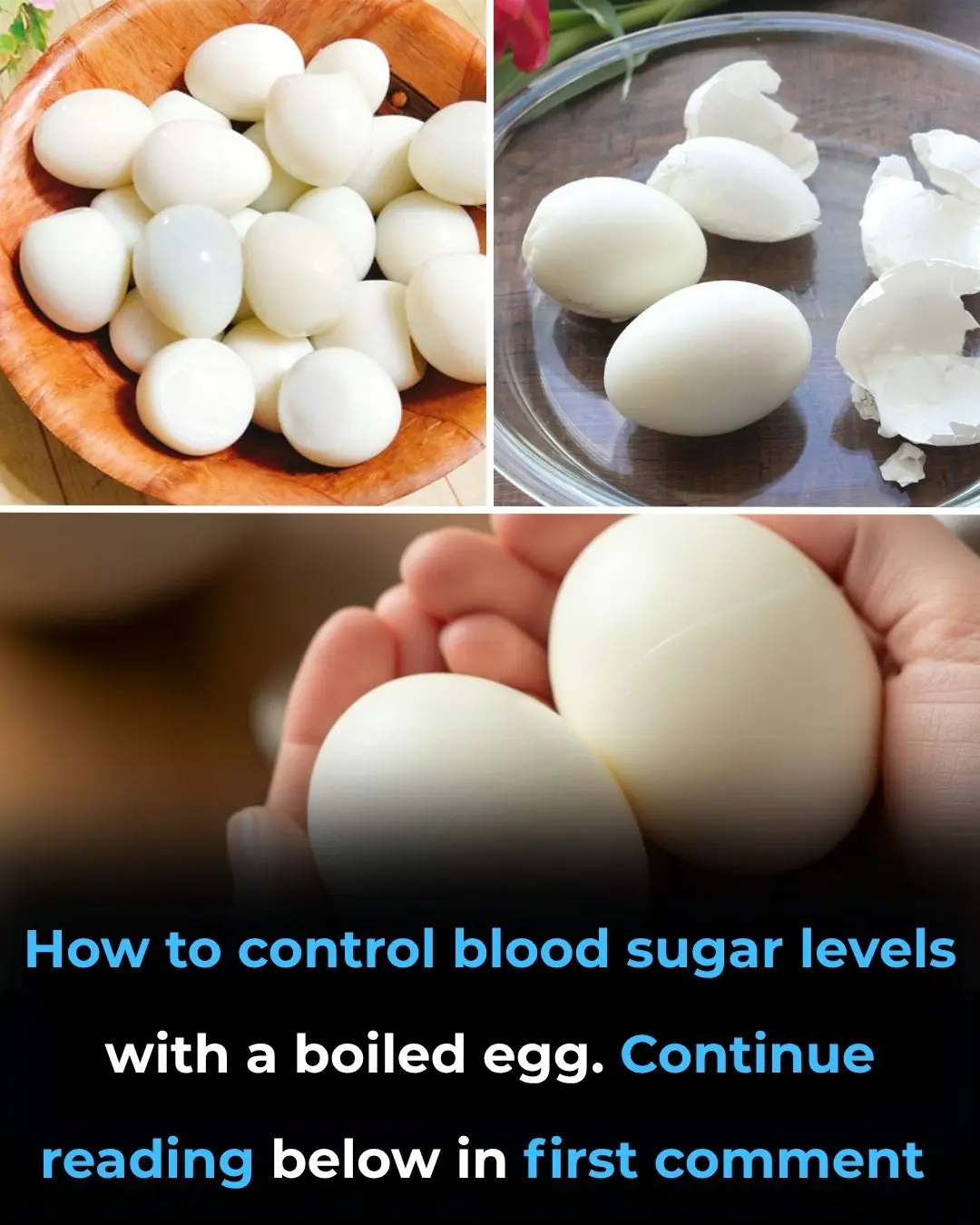
How to Control Blood Sugar Levels with a Boiled Egg
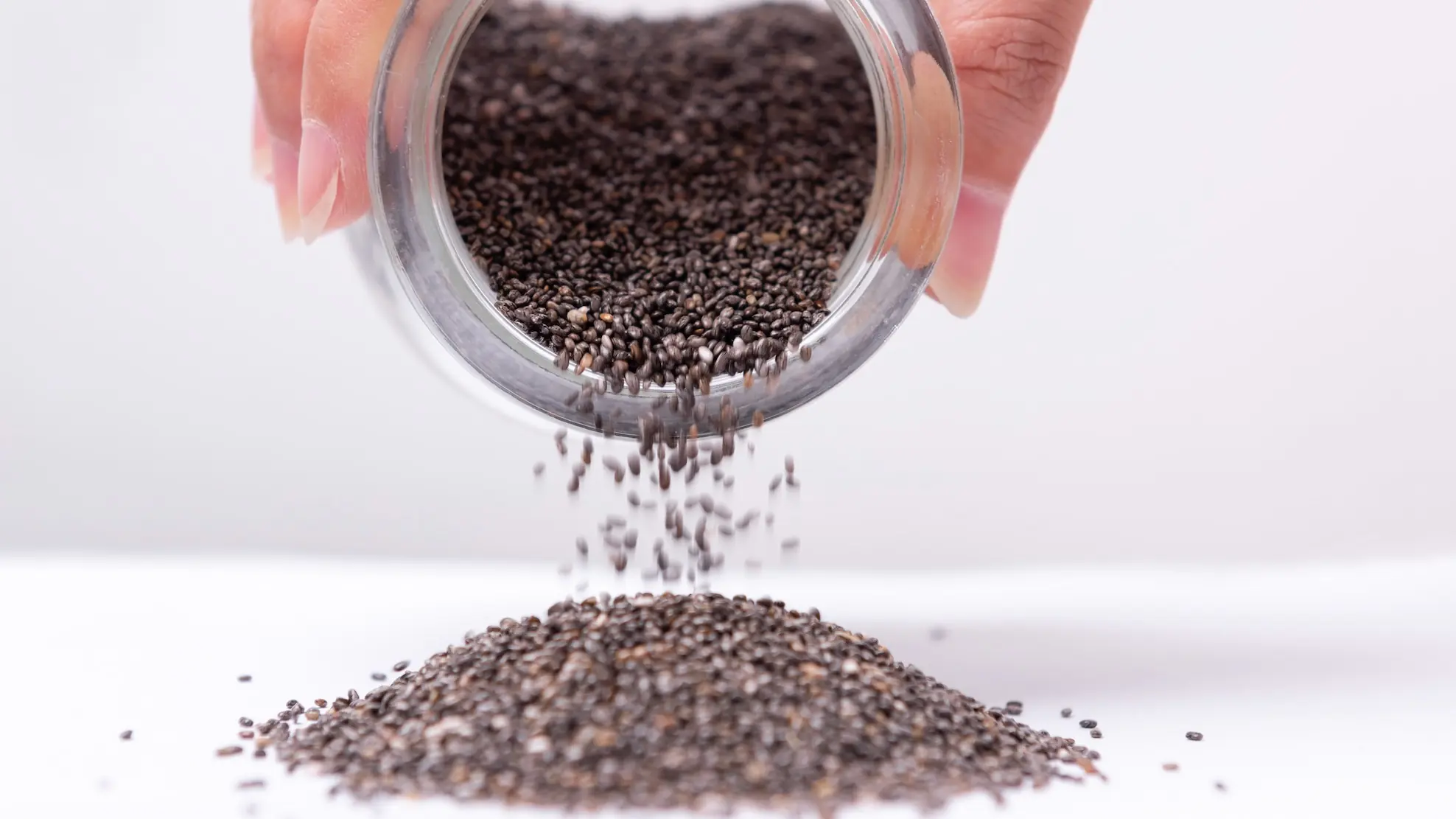
I started adding chia seeds to my breakfast every day — and within a week, I noticed some surprising changes

4 powerful vitamins that help protect you from cancer—start today!
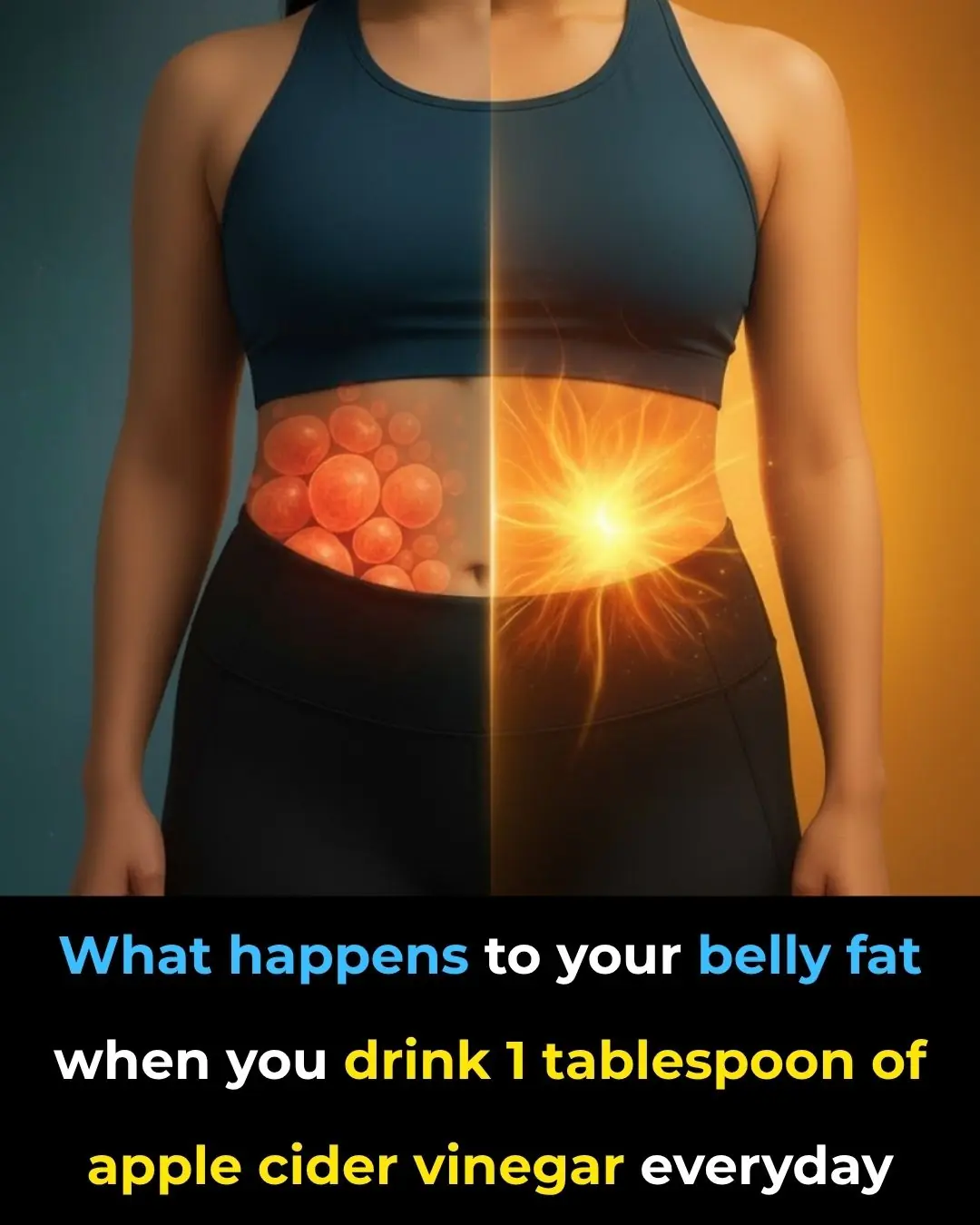
What Happens When You Take 1 TBSP of Apple Cider Vinegar For 60 Days
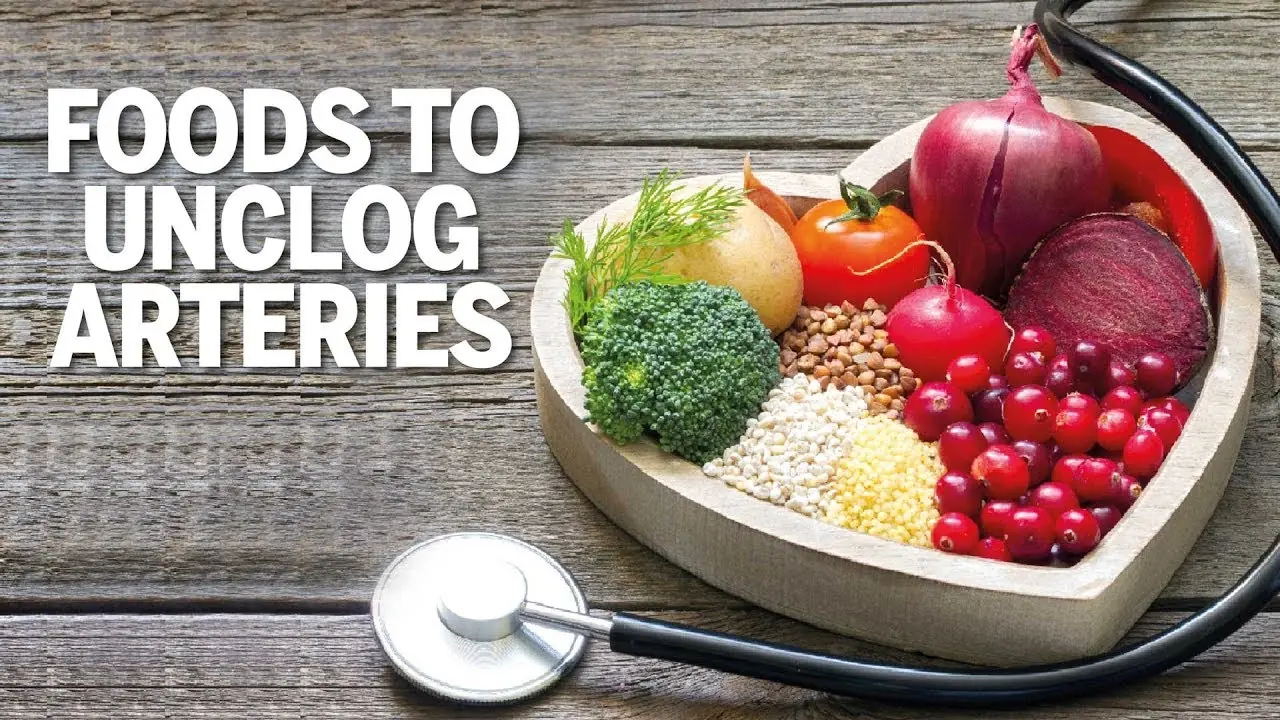
The #1 Food to Unclog Your Arteries Naturally

What Your Feet Can Reveal About Your Blood Pressure, Thyroid, and Arthritis Risk
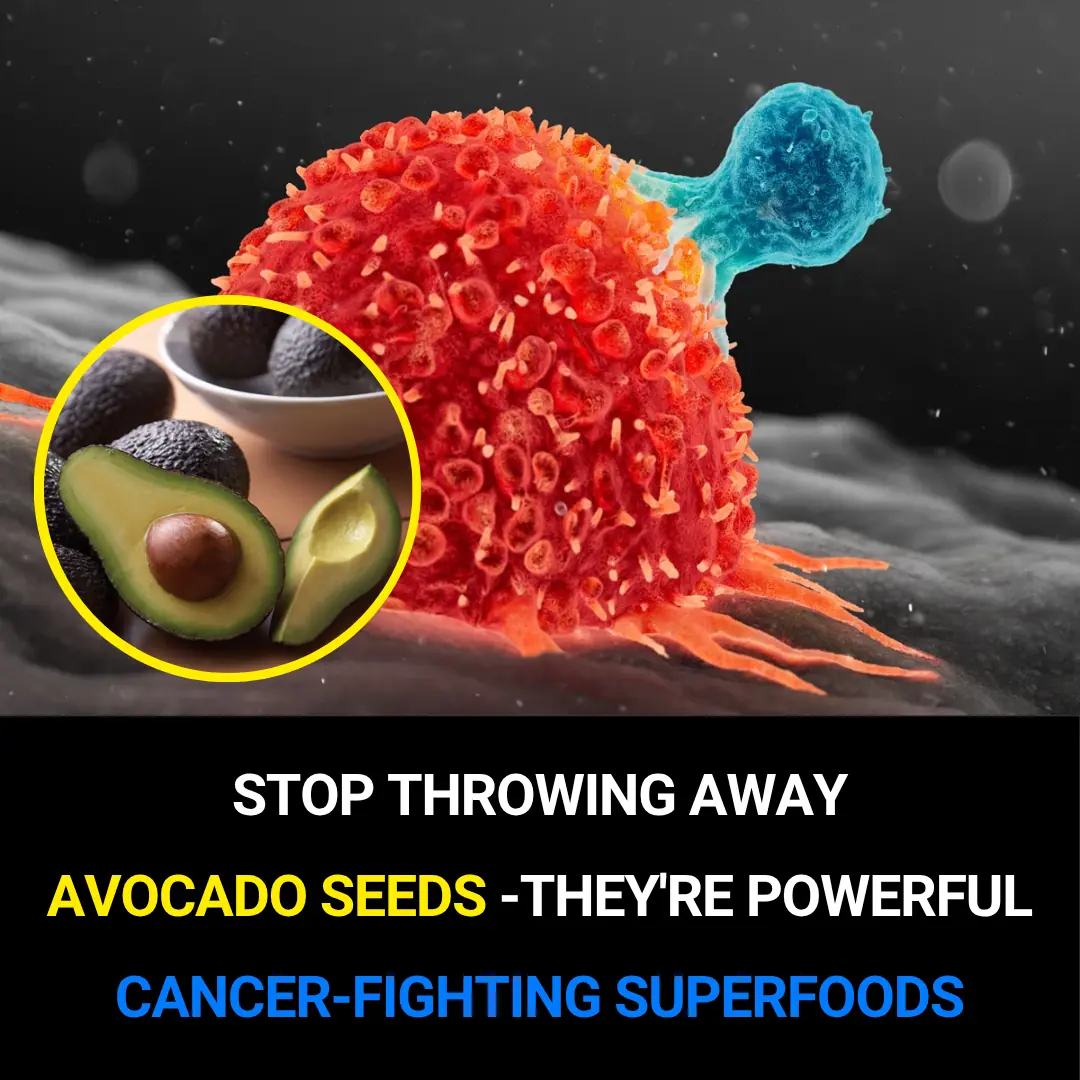
Stop Throwing Away Avocado Seeds: They’re Powerful Cancer Fighters!

How To Use Coconut Oil On Your Hair To Prevent Graying, Thinning, And Hair Loss

Things Your Pee Is Trying to Tell You

Dark chocolate and tea found to significantly lower blood pressure

13 best ways to stop bone loss before it’s too late!

Top 5 foods to avoid if you have high blood pressure

Waking Up Between 3 and 5 AM May Be a Sign of Spiritual Awakening
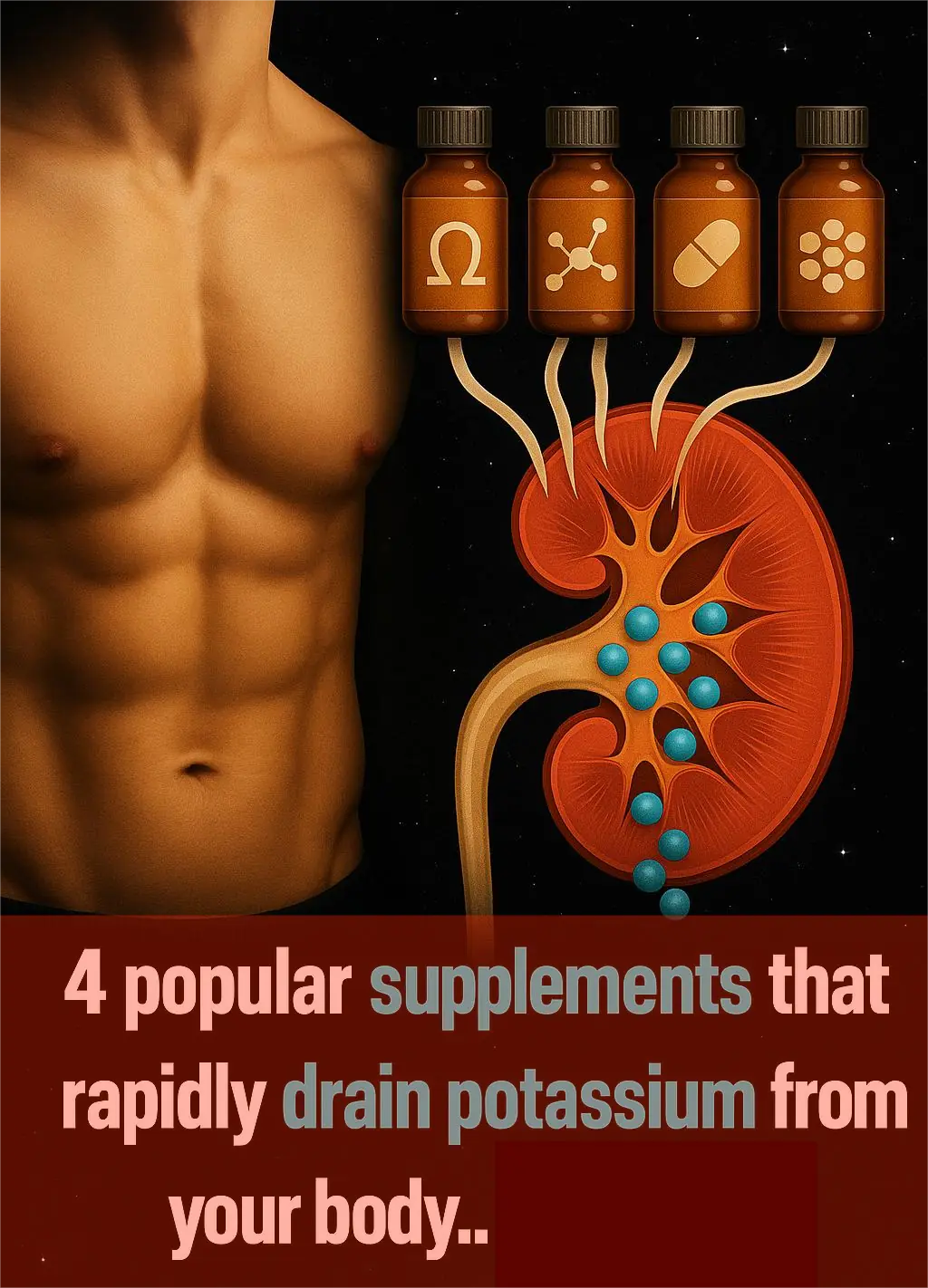
4 popular supplements that rapidly drain potassium from your body
News Post

Garlic & Cloves: The Natural Remedy for Varicose Veins and Circulation

Here’s Why Many Couples Start Sleeping In Separate Beds After 50

5 foods that heal your body and STARVE cancer—eat these now!

Conveniently keep these 3 things under the bed, no wonder the family is in chaos, has many difficulties, and still works hard
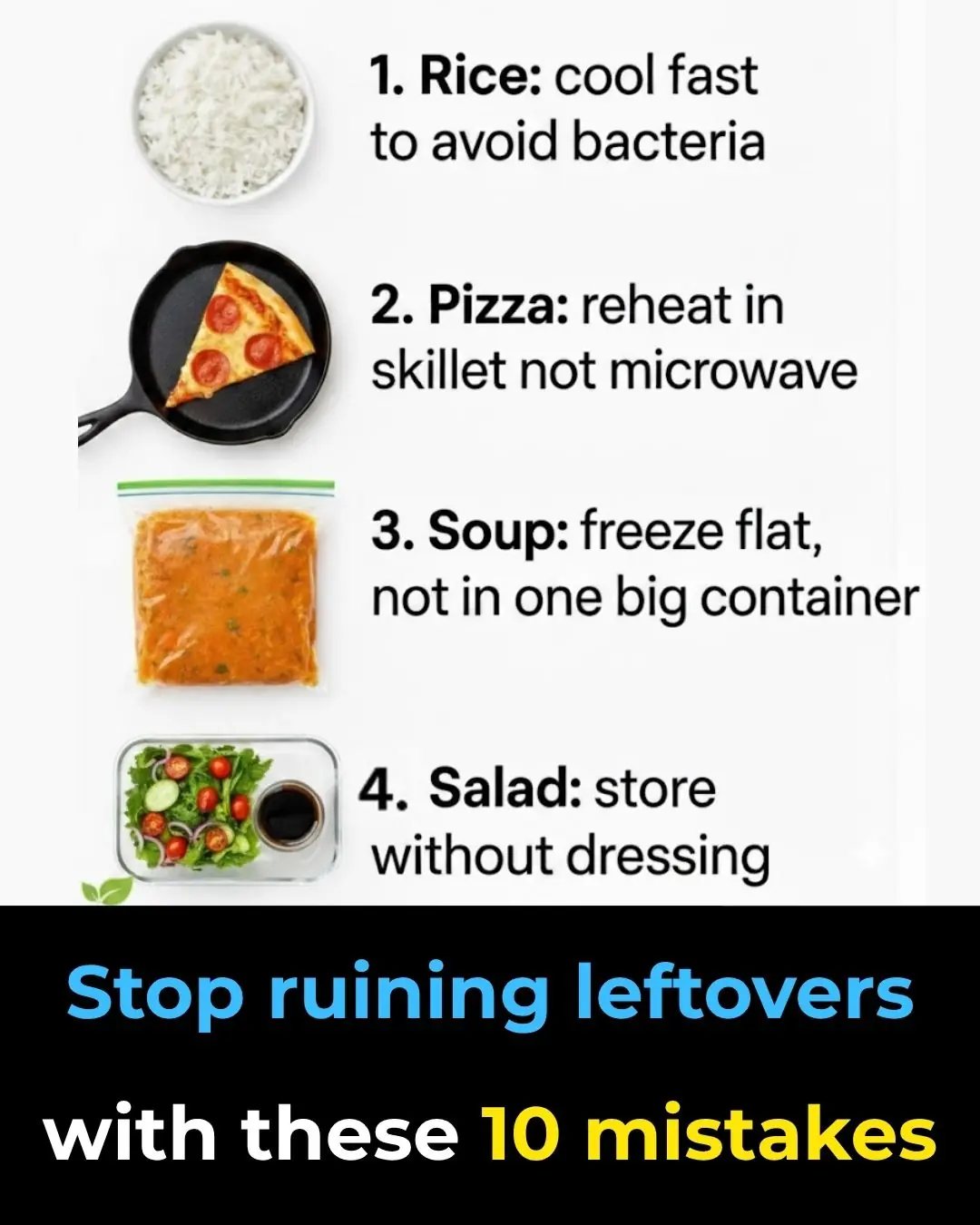
Stop ruining leftovers with these 10 mistakes
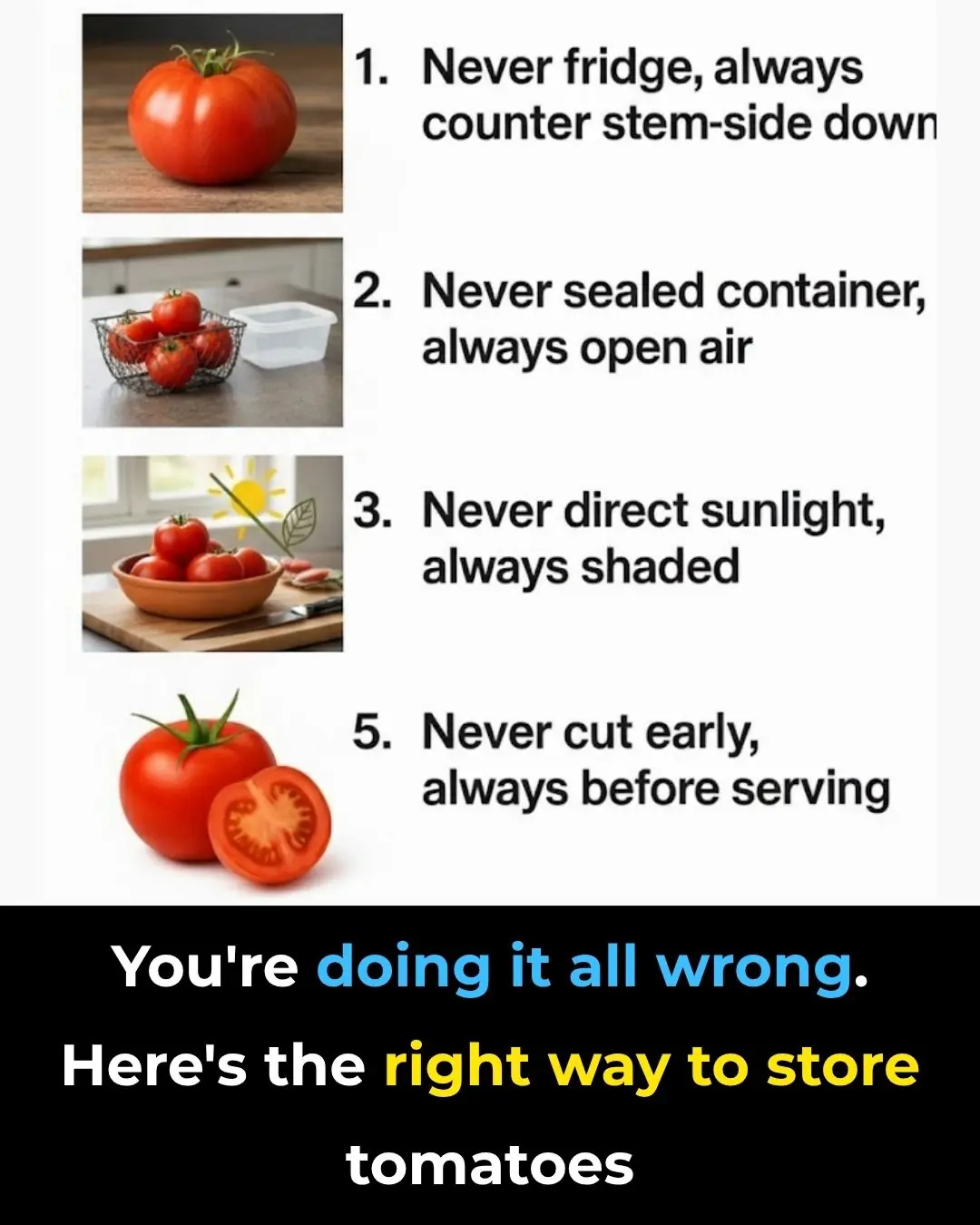
You're doing it all wrong. Here’s the right way to store tomatoes

Diagnosed With Terminal Cancer That Spread to Her Brain, the Woman Broke Down in Tears After Learning the “Culprit” Came From Her Own Family

The Impressive Health Benefits of Guava Fruit and Leaves & How to Eat Guava (Evidence Based)

Do You Wake Up With Numb or Tingling Hands? Here's What Your Body Is Trying to Tell You

5 Phrases That Indicate a Man is About to Leave His Wife for Another Woman
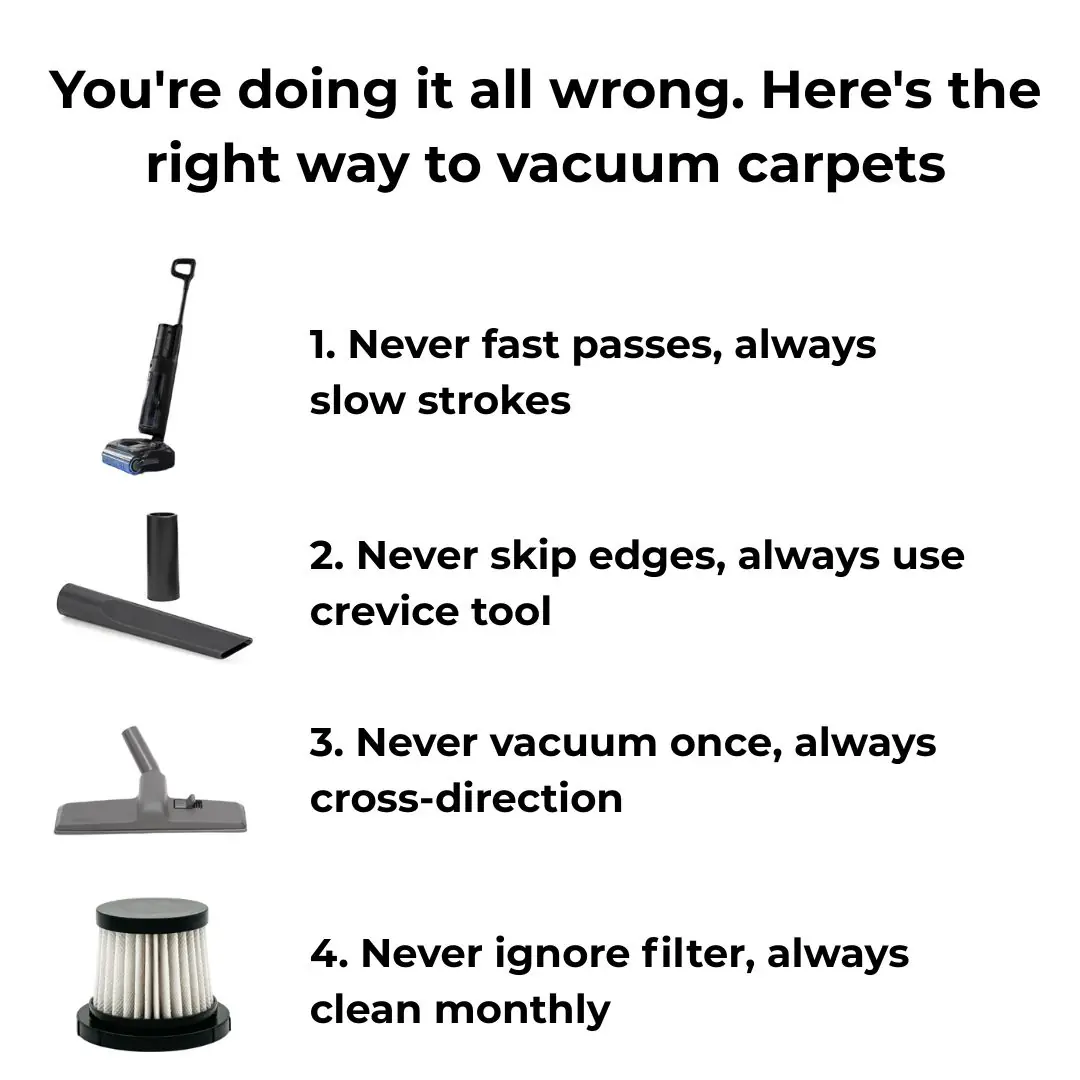
You’re doing it all wrong. Here’s the right way to vacuum carpets

Can You Find The Missing Girl in the Wilderness

How to Control Blood Sugar Levels with a Boiled Egg

Why You Keep Your Room Messy According to Psychology

I started adding chia seeds to my breakfast every day — and within a week, I noticed some surprising changes
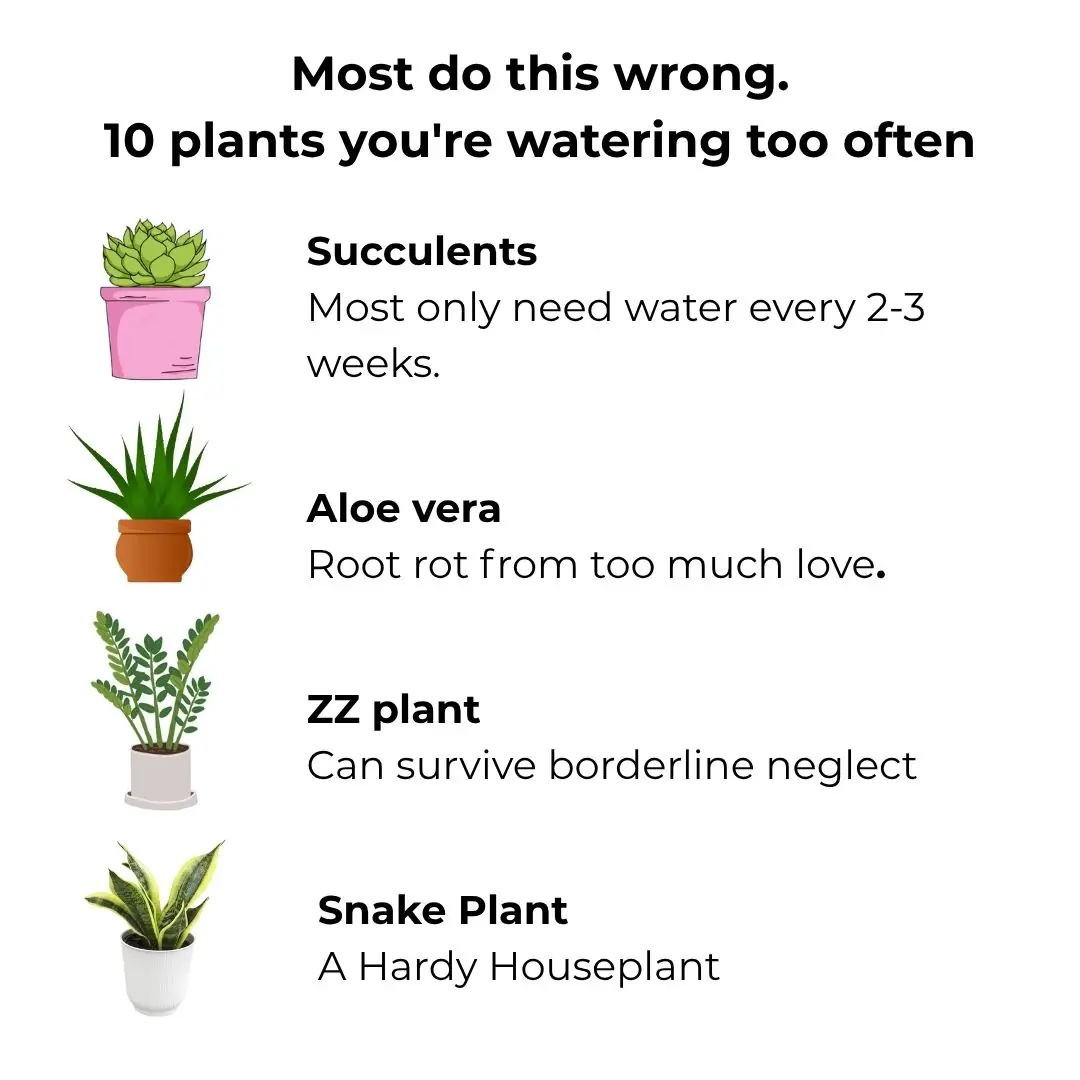
Most do this wrong. 10 plants you’re watering too often

Most don’t know. 12 brilliant ways to use WD-40 around the house
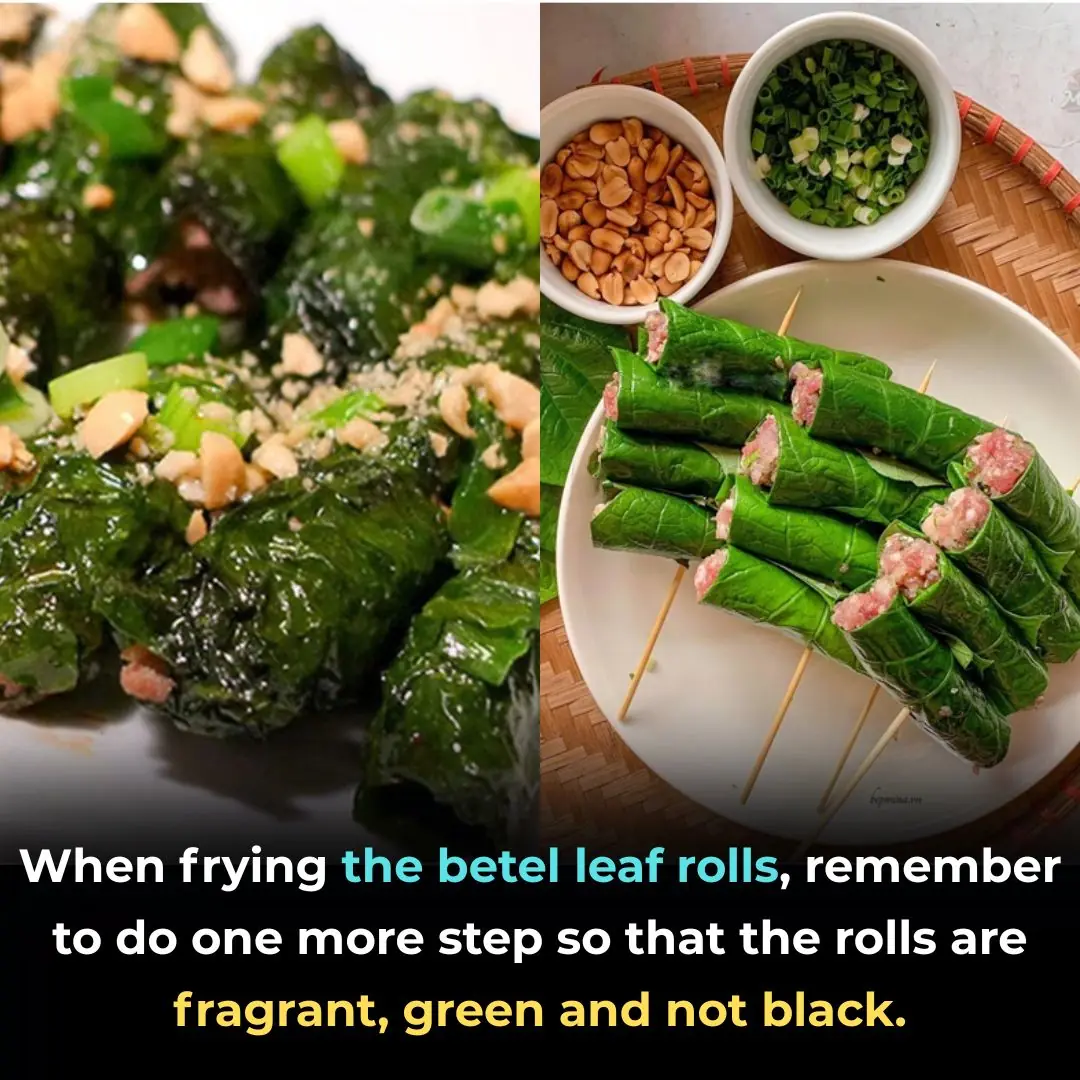
When frying lolot leaf patties, remember to take an extra step so the patties turn out fragrant, bright green, and not darkened.

4 powerful vitamins that help protect you from cancer—start today!
